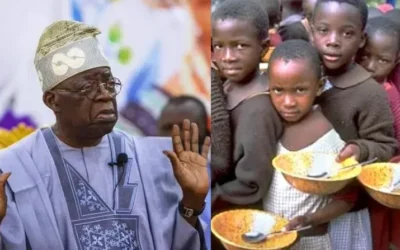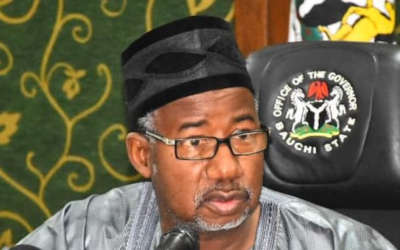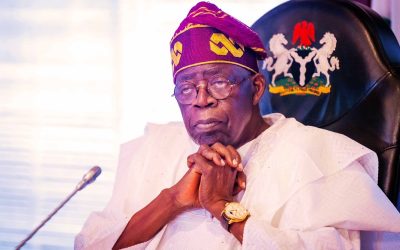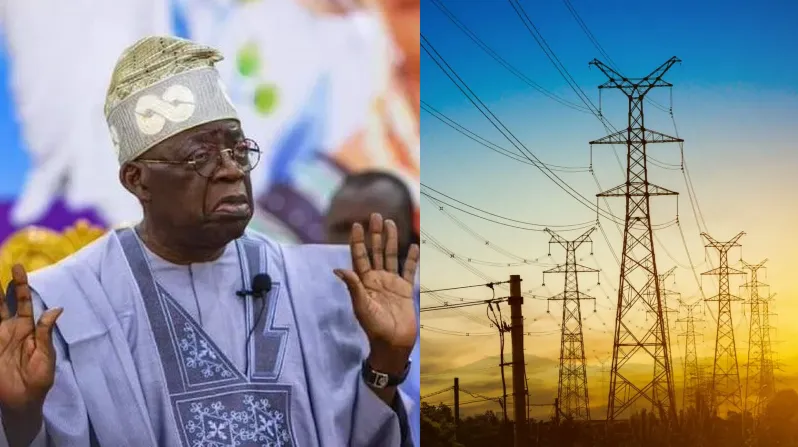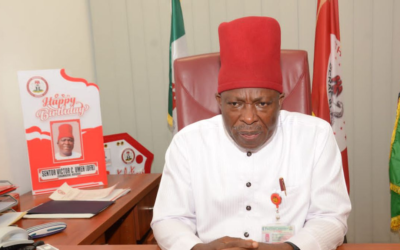
Mass Defections: Is The PDP Dead And Gone?
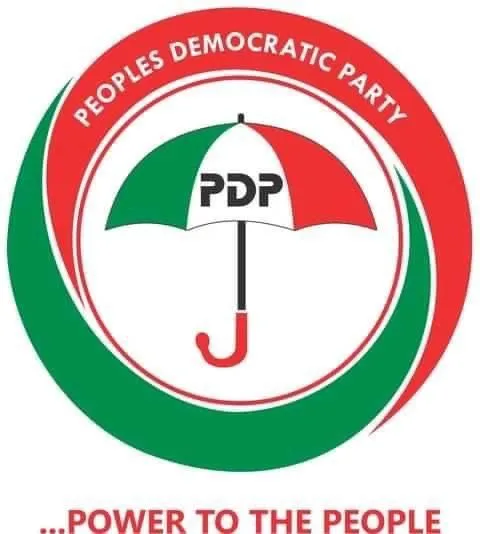
Once upon a time, a political party bestrode Nigerian politics like a colossus. It governed Nigeria for 16 years and vowed to rule for 60 years. But it was utter hubris. Buffeted from crisis to crisis, a deep rot set in, then an existential decline. Charles Darwin famously said that any organism that cannot adapt to its environment will become extinct. In the struggle for existence, it’s survival of the fittest; only the strong organisms are guaranteed continued existence, the weak will succumb to extinction. That’s the story of the People’s Democratic Party!
In truth, PDP might be dead and heading towards extinction and it might be fair to say undertakers and political vultures are circling the party. All over the world, serious political parties win and lose elections. When they lose, they pick themselves up, listen to the electorate, learn the right lessons, and fight their way back to power. In 1979, President Shehu Shagari, leader of a minority government, with 34 per cent of the total valid votes, addressed a similar legitimacy problem by entering into a formal alliance with Dr Nnamdi Azikiwe’s Nigerian People’s Party, NPP, which had 17 per cent. Although the alliance collapsed a few years later, it initially stabilised and legitimised the administration and turned a minority government into a majority one, with both Shagari’s party, National Party of Nigeria, NPN, and Azikiwe’s party having a combined 51 per cent share of the popular vote.
All over the world, minority governments usually appoint members of other parties to their cabinet. But they do so by carrying those parties along, not by picking off their members. In the UK, David Cameron formed a coalition government with the Liberal Democrats in 2010 after extensive inter-party discussions. US Presidents often appoint members of a different party to their cabinet to engender bipartisanship and cooperation between the political parties. But such cross-party appointments are in good faith and with the consent of the opposition party.
However, Tinubu is not interested in a genuine cross-partisan or unity government. He wants to exploit and deepen crises in the opposition parties. For instance, Wike’s ministerial nomination is couched as “compensation” for his “role” in Tinubu’s “victory”. But that “role” was to the detriment of his own party, whose loss in the presidential election he boastfully claimed he orchestrated. So, the nomination is not in good faith. Tinubu wants to rupture and paralyse the PDP and that tactics seems to be working perfectly now.
Nigerians woke up to the some disturbing news in the early of Wednesday, part of he information have it that there are indications that suspended Rivers State Governor, Siminalayi Fubara, is warming up to making concessions to ease the political tension in the state.
This followed Fubara’s meeting with President Bola Tinubu in London during the latter’s 18-day retreat in Europe.
The meeting, confirmed by The Africa Report, was at the request of Governor Fubara, who first came into office in May 2023.Although exact details of the party could not confirm details of the meeting at press time, a senior presidential adviser told the Paris-based publication that, Fubara “pledged to make certain concessions in a bid to ease tensions which includes Fubara dumping the opposition Peoples Democratic Party to the ruling APC to get on the good side of the president.
Mass Defections
Delta State Governor, Sheriff Oborevwori, and his deputy, Monday Onyeme, started the trend by dumping the Peoples Democratic Party for the All Progressives Congress.
Oborevwori moved to the APC along with his predecessor and running mate of Atiku Abubakar in the 2023 presidential election, Dr Ifeanyi Okowa.
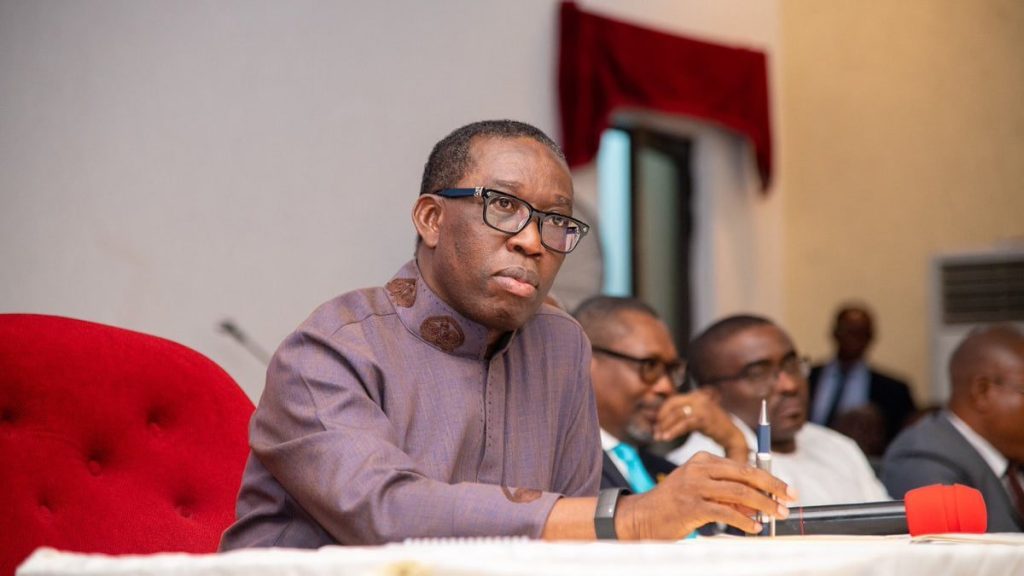
Others who moved to the ruling party with the governor are his commissioners and major stakeholders in the PDP in Delta State.
Also, The chairman of the House of Representatives Committee on Public Accounts, Oluwole Oke, has resigned from the Peoples Democratic Party, PDP.
The lawmaker, who represents Obokun/Oriade Federal Constituency of Osun State, announced his resignation in a letter addressed to the Chairman of the PDP in Wurd 7, Obokun Local Government Area of the state.
Oke, a six-term legislator, announced his decision to quit the PDP on Wednesday.
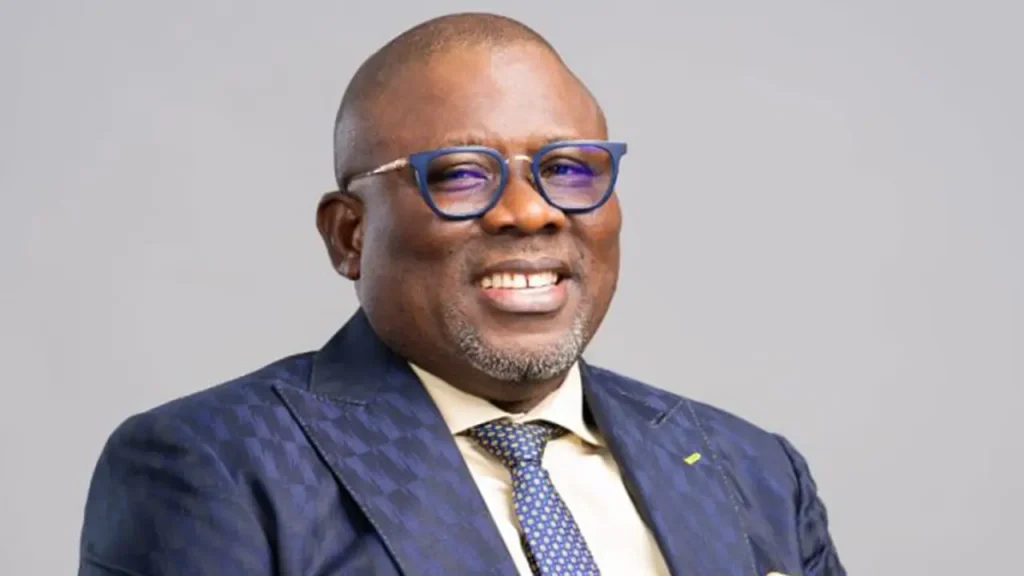
“I wish to formally notify you that I am resigning my membership of thePeoples Democratic Party, PDP, with immediate effect,” the lawmaker said.
He added that the decision was concluded after consultation and engagement with political associates, family and friends.
“It is my wish that you accept my resignation in good faith,” he added in the letter.
Oke also copied the National Chairman, State Chairman and the Local Government Chairman of the Peoples Democratic Party.
Way forward for PDP
A party that can’t do opposition is not fit to govern. All over the world, serious political parties win and lose elections. When they lose, they pick themselves up, listen to the electorate, learn the right lessons, and fight their way back to power. That’s what Democrats and Republicans do in America; what Labour and the Conservatives do in Britain; and what the National Democratic Party and the New Patriotic Party have done in Ghana since 1992, losing and winning elections!
But in and out of power, PDP has been utterly dysfunctional, unable to manage itself. Internal wranglings cost the party the 2015 presidential election and, largely, this year’s presidential poll. In both elections, a ruthless APC aggressively exploited PDP’s crises, luring out its influential members. Think about the PDP’s G-5 renegades in 2015 and its G-5 rebels this year: they destroyed the party’s electoral chances and helped to facilitate the victory of the APC. Many of APC’s current leaders are former PDP chieftains. Why? Well, APC cannibalised and hollowed out PDP!
READ ALSO: VIDEO: More Troubles For Atiku As Another PDP Gov. Declares Support For Tinubu
Recently, PDP’s acting national chairman, Umar Damagum, said that because the party had been out of power for long, “our people are languishing for lack of patronage.” Elsewhere, people don’t join a political party primarily because of patronage but because of what the party stands for, because of its ideological leaning. Surely, if PDP members are hungry for patronage but can’t unite in opposition to get the party back to power, then the party will simply haemorrhage and die!
My interest here is not partisan; I have no party-political affiliation. However, I believe Nigeria needs a healthy democracy. But that won’t happen without strong and competitive political parties, which, in turn, depend on a robust party system. That’s why PDP must escape APC’s political cannibalism, extricate itself from Wike and play robust opposition with a sense of mission. Or else, it risks extinction!




